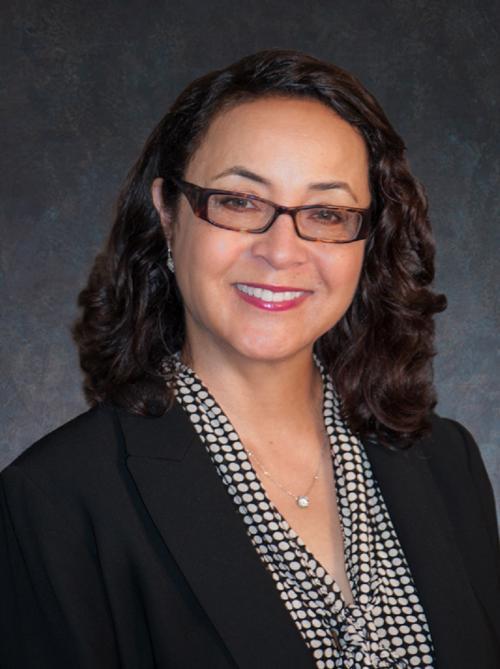Although she double majored in African American Studies and Government and Politics during her undergraduate career at the University of Maryland, Singleton McAllister is excited to share her knowledge about social justice and public policy with the graduates at this year’s sociology commencement ceremony.
McAllister, a Baltimore native, graduated from the university in 1975. During her final year as a Terp, she interned with Congressman Parren J. Mitchell and helped him with his first campaign. This experience soon grew into a full time position as Mitchell’s legislative assistant.
As anyone who passes by the Art-Sociology building can see, Mitchell had strong ties to the university. He was the first African-American person to enroll in graduate classes at the College Park campus. Later, he became Maryland’s first black member of Congress, and he founded the Congressional Black Caucus.
McAllister said Mitchell greatly influenced her interest in public policy and inspired her to pursue a career in law. She was also inspired by her father’s success as the first African-American States Attorney.
In 1984, McAllister earned her J.D. from Howard University Law School and Public Administration, and her career took off quickly. She worked as a teaching assistant at Howard University and after law school served as a law clerk to the late Judge Jack E. Tanner, 9th Circuit in Washington State. Later, she became senior counsel to the U.S. House of Representatives Committee on the Budget, where she worked with various committees.
In 1996, President Bill Clinton appointed McAllister as the General Counsel to the U.S.
Agency for International Development where she acted as the chief legal advisor to 72 missions around the globe.
She said one of her proudest accomplishments when working in private practice was bringing more than 100 associations together to create the Summit Healthcare Coalition and actively trying to reform healthcare. McAllister is also proud of her contributions to the drafting of legislation that implemented sanctions on South Africa during the apartheid era and the creation of the African Development Fund where she served as a member of its Advisory Board for 10 years.
While it was often times challenging to be a female African-American lawyer on Capitol Hill, McAllister said she always tried her best to make sure her voice was heard.
Eventually, McAllister switched her focus and went on to become a partner at several different law firms over the following years until she ended up at Husch Blackwell LLP, her current firm and one of the top-100 largest firms in the country. She is a member of the firm’s Technology, Manufacturing & Transportation section.
In addition to her work as a lawyer, McAllister has served on the board of directors for the International Human Rights Law Group and Howard University Hospital, and United Rentals. She is currently a Director of Alliant Energy, Securitas, pdvWireless, Howard University Law School Board of Visitors and the National Women History Museum.
McAllister also serves on the University of Maryland’s Board of Visitors and contributed to the the creation of the Parren J. Mitchell Symposium. The College of Behavioral and Social Sciences and the Department of Sociology hosted the sixth annual symposium in April, bringing many powerful conversations to the forefront of students’ minds.
“At the symposium, people talk about race, immigration, sexuality, sexuality in the law and many other social justice issues that Mitchell fought for,” McAllister said. “I wanted to give back to the university by helping discuss these important issues that you may not hear about anywhere else on campus.”
McAllister is proud to continue Mitchell’s legacy as he was “very near and dear” to her heart, and she was honored when the College of Behavioral and Social Sciences asked her to speak to sociology graduates. “The sociology department takes on social issues with great breadth and depth,” McAllister said.
As for the Sociology graduates who have devoted their college careers to studying major societal issues, McAllister said the world outside of the University of Maryland will greatly appreciate their unique skills.
“We need these types of deep thinkers especially in this time when there seems to be divide on every level,” she said. “We need their perspective and their ability to think through complicated social challenges.”



